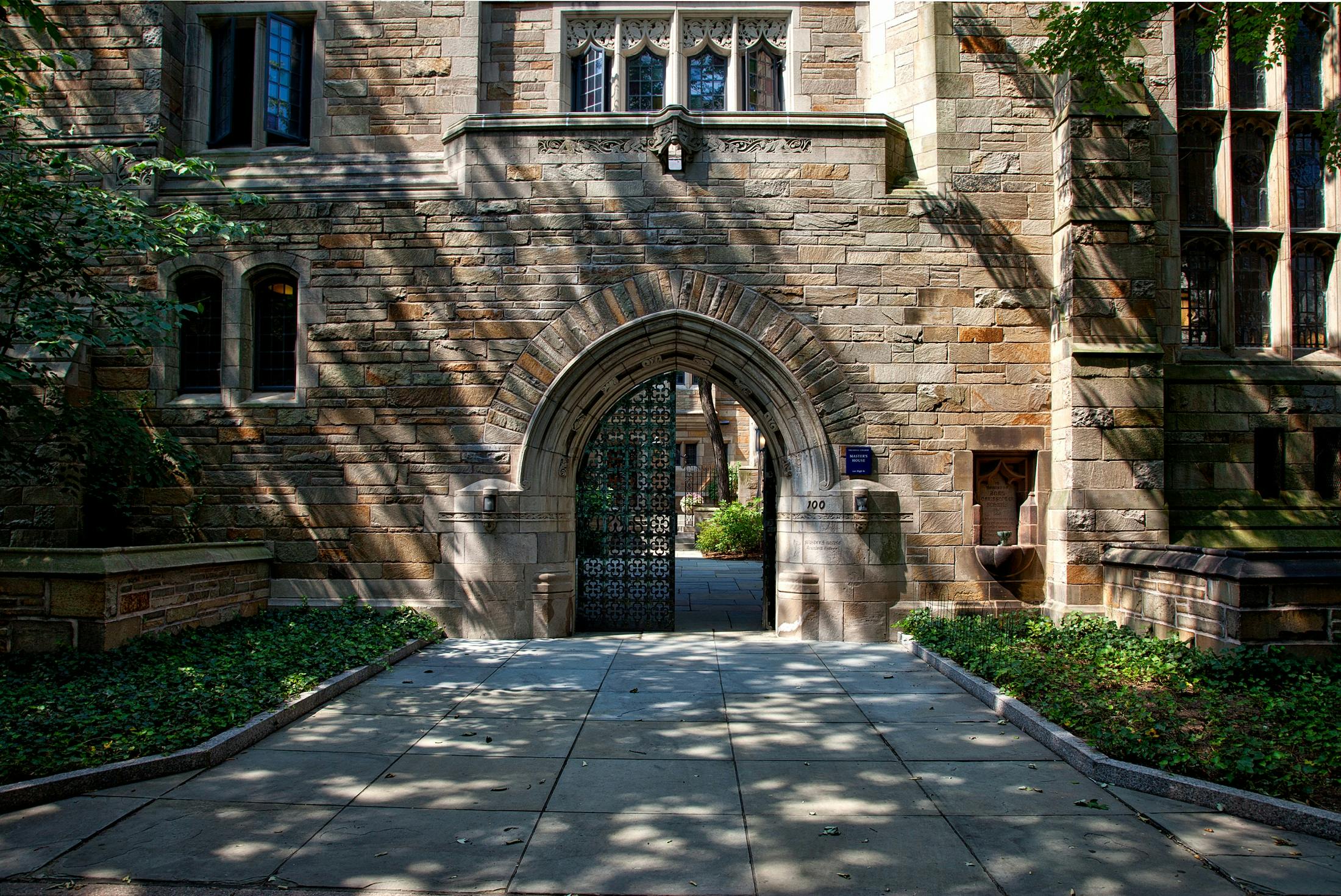Heidelberg University: A Legacy of Excellence in German Education
Introduction
Nestled along the picturesque Neckar River in southwestern Germany lies Heidelberg University, an institution renowned not only for its stunning location but also for its rich history and academic prestige. Established in 1386, Heidelberg University is not only one of Germany’s oldest universities but also one of Europe’s most prestigious centers of learning. Over the centuries, it has cultivated a tradition of academic excellence, research innovation, and cultural impact that continues to resonate today. This article delves deep into the storied history, academic prowess, research contributions, and cultural significance of Heidelberg University, exploring what makes it a beacon of higher education in Germany and beyond.
Historical Foundation
Heidelberg University’s history is deeply intertwined with the intellectual and cultural developments of Europe. Founded by Elector Ruprecht I of the Palatinate, it quickly became a hub for theological, legal, and philosophical studies. Its early years saw a flourishing of academic inquiry, attracting scholars and students from across Europe. The university played a pivotal role in the Protestant Reformation, with prominent figures like Martin Luther and Desiderius Erasmus contributing to its academic reputation.
Throughout its history, Heidelberg University has weathered wars, political changes, and cultural shifts. It has consistently adapted to new challenges while upholding its commitment to academic freedom and excellence. The university’s resilience and ability to innovate have cemented its place as a leader in higher education.
Academic Excellence
Today, Heidelberg University is renowned for its diverse range of academic disciplines and world-class research facilities. It offers a comprehensive array of programs across faculties such as Medicine, Law, Natural Sciences, Humanities, and Social Sciences. The university’s commitment to interdisciplinary research fosters collaboration and innovation among its faculty and students.
Heidelberg University’s faculty comprises leading scholars and researchers who are at the forefront of their fields. The university’s rigorous academic standards ensure that students receive a top-tier education that prepares them for careers in academia, industry, and beyond. Its emphasis on critical thinking, creativity, and global perspective equips graduates with the skills necessary to tackle complex challenges in today’s interconnected world.
Research and Innovation
Research is at the heart of Heidelberg University’s mission, driving discoveries that have profound implications for society. The university boasts numerous research centers and institutes that focus on areas such as biomedical sciences, environmental studies, quantum physics, and cultural heritage. Collaborations with international partners further enhance its research impact and global reach.
One of Heidelberg University’s standout research initiatives is the Heidelberg Collaboratory for Image Processing (HCI), which pioneers advancements in medical imaging and computer vision. Another is the Heidelberg Institute for Theoretical Studies (HITS), renowned for its contributions to theoretical physics and computational biology. These institutes exemplify the university’s commitment to pushing the boundaries of knowledge and addressing pressing global challenges.
Cultural Hub
Beyond its academic achievements, Heidelberg University serves as a vibrant cultural hub that enriches the local community and attracts visitors from around the world. Its historic campus, nestled beneath the ruins of Heidelberg Castle, provides a breathtaking backdrop for academic and cultural activities. The university’s museums, libraries, and archives house invaluable collections that contribute to the preservation and dissemination of knowledge.
Heidelberg University’s commitment to cultural exchange is exemplified by its extensive international partnerships and exchange programs. Students and scholars from diverse backgrounds converge at Heidelberg, fostering a dynamic learning environment that celebrates diversity and promotes mutual understanding. Cultural events, festivals, and performances further enrich the university experience, creating opportunities for intellectual and social engagement.

Challenges and Future Directions
As Heidelberg University looks to the future, it faces numerous challenges, including increasing globalization, technological advancements, and evolving societal needs. The university remains committed to maintaining its position as a leader in higher education and research while adapting to these changes. Initiatives such as digitalization of learning resources, interdisciplinary collaboration, and sustainability efforts are integral to its strategic vision.
Furthermore, Heidelberg University continues to prioritize inclusivity and accessibility, ensuring that all students have the opportunity to excel regardless of background or circumstance. By embracing innovation and diversity, the university aims to shape the future of education and make meaningful contributions to society.
Conclusion
Heidelberg University stands as a testament to the enduring power of knowledge, inquiry, and academic community. From its humble beginnings in the Middle Ages to its current status as a global leader in higher education, the university has consistently pushed the boundaries of knowledge and fostered intellectual curiosity. Its commitment to excellence, research innovation, and cultural enrichment ensures that Heidelberg University will continue to inspire generations of scholars, researchers, and global citizens for centuries to come.
As we reflect on Heidelberg University’s storied past and look towards its promising future, one thing remains clear: its legacy of excellence will continue to shape the world of higher education and beyond.

How To Apply
Applying to Heidelberg University involves several steps that prospective students should follow carefully to ensure a smooth and successful application process. Here’s a comprehensive guide on how to apply to Heidelberg University:
1. Choose Your Program:
- Heidelberg University offers a wide range of undergraduate and graduate programs across various faculties, including Medicine, Law, Natural Sciences, Humanities, and Social Sciences. Visit the university’s official website to explore the programs available and determine which one aligns with your academic and career goals.
2. Check Admission Requirements:
- Each program at Heidelberg University may have specific admission requirements regarding academic qualifications, language proficiency (usually German and/or English), and additional documents (e.g., transcripts, letters of recommendation, CV/resume). Make sure to carefully review the requirements for your chosen program.
3. Language Proficiency:
- Depending on the program and the language of instruction, applicants may need to demonstrate proficiency in German and/or English. This is typically done through standardized language tests such as the TestDaF (for German) or TOEFL/IELTS (for English). Ensure you meet the minimum language requirements set by the university.
4. Prepare Required Documents:
- Gather all necessary documents well in advance to ensure a timely application process. Common documents include:
- High school diploma or bachelor’s degree certificate (translated into German or English if necessary)
- Transcript of records
- Language proficiency test scores
- CV/Resume
- Letters of recommendation
- Statement of purpose (for graduate programs)
- Any additional documents specified by the university or program
5. Create an Account and Apply Online:
- Most universities, including Heidelberg University, have an online application portal where you can create an account and submit your application documents. Register on the university’s official website and carefully follow the instructions provided in the application portal.
6. Submit Your Application:
- Complete the online application form and upload all required documents to the application portal before the specified deadline. Double-check that all information provided is accurate and that you have included all necessary attachments.
7. Pay Application Fee (if applicable):
- Some programs or categories of applicants may be required to pay an application fee. Check the university’s website or application portal for details regarding fees and payment methods.
8. Track Your Application:
- After submitting your application, you may be able to track its progress through the university’s application portal. Monitor any communication from the university regarding your application status or additional requirements.
9. Wait for Admission Decision:
- The university will review your application and notify you of the admission decision within a specified timeframe. This may vary depending on the program and the volume of applications received. Be patient and check your email regularly for updates.
10. Acceptance and Enrollment:
- If you receive an offer of admission, carefully review the acceptance letter and follow the instructions provided to confirm your acceptance and proceed with enrollment. This may include paying a deposit, registering for courses, and obtaining a student visa (if applicable).
Additional Tips:
- Start the application process well in advance to ensure you have enough time to gather documents, prepare for language tests, and meet deadlines.
- Reach out to the university’s admissions office or international office if you have any questions or need clarification on specific requirements.
- Familiarize yourself with the cost of tuition, living expenses, and available scholarships or financial aid options.
By following these steps and preparing thoroughly, you can increase your chances of successfully applying to Heidelberg University and embarking on a rewarding academic journey at one of Germany’s most prestigious institutions of higher learning.
FAQS
Certainly! Here are some frequently asked questions (FAQs) about applying to Heidelberg University:
1. What are the application deadlines for Heidelberg University?
- Application deadlines vary depending on the program and whether you are applying as an international or EU/EEA student. Generally, for undergraduate programs, the application deadline is July 15th for the winter semester (starting in October) and January 15th for the summer semester (starting in April). For graduate programs, deadlines may vary significantly, so it’s crucial to check the specific program’s deadline on the university’s official website.
2. Do I need to speak German to study at Heidelberg University?
- It depends on the program you choose. Some undergraduate and graduate programs are offered in English, especially at the master’s level and in certain fields. However, for many programs, particularly at the undergraduate level, a certain level of proficiency in German is required. It’s essential to check the language requirements for your specific program.
3. What are the language proficiency requirements for international students?
- International applicants may need to demonstrate proficiency in German and/or English, depending on the language of instruction of their chosen program. Commonly accepted language proficiency tests include TestDaF (for German) and TOEFL/IELTS (for English). Minimum score requirements vary by program, so make sure to check the specific requirements for your program.
4. How can I apply for scholarships at Heidelberg University?
- Heidelberg University offers various scholarships for international and domestic students. To apply for scholarships, check the university’s scholarship page and follow the instructions provided. Some scholarships may require an additional application or specific documents, so make sure to review the eligibility criteria and application deadlines.
5. Can I work while studying at Heidelberg University?
- International students from outside the EU/EEA are allowed to work part-time (up to 120 full days or 240 half days per year) during their studies in Germany. However, it’s important to note that the primary purpose of your residence permit is studying, and additional restrictions may apply depending on your nationality and specific circumstances. Consult the university’s international office or the local Foreigners’ Registration Office (Ausländerbehörde) for detailed information.
6. How do I apply for a student visa for Germany?
- Once you receive an offer of admission from Heidelberg University, you can apply for a student visa at the German embassy or consulate in your home country. The specific requirements and procedures for obtaining a student visa vary by country, so it’s essential to check with the respective embassy or consulate for detailed instructions. Generally, you will need a valid passport, proof of admission to Heidelberg University, evidence of sufficient financial means, and health insurance coverage.
7. Is there on-campus housing available for students at Heidelberg University?
- Heidelberg University offers limited on-campus housing options for students, primarily for international students and doctoral candidates. However, due to high demand, many students find accommodation in private apartments or shared flats (WG). It’s recommended to start looking for housing well in advance, especially if you plan to arrive before the semester begins.
8. How can I contact the admissions office at Heidelberg University?
- You can contact the admissions office at Heidelberg University directly through their official website. Look for the contact information of the admissions or international office, where you can find email addresses, phone numbers, and office hours. It’s advisable to reach out with specific questions or concerns regarding your application or admission process.
These FAQs cover some of the essential aspects of applying to Heidelberg University. For more detailed information, including specific program requirements and deadlines, visit the university’s official website or contact their admissions office directly.
